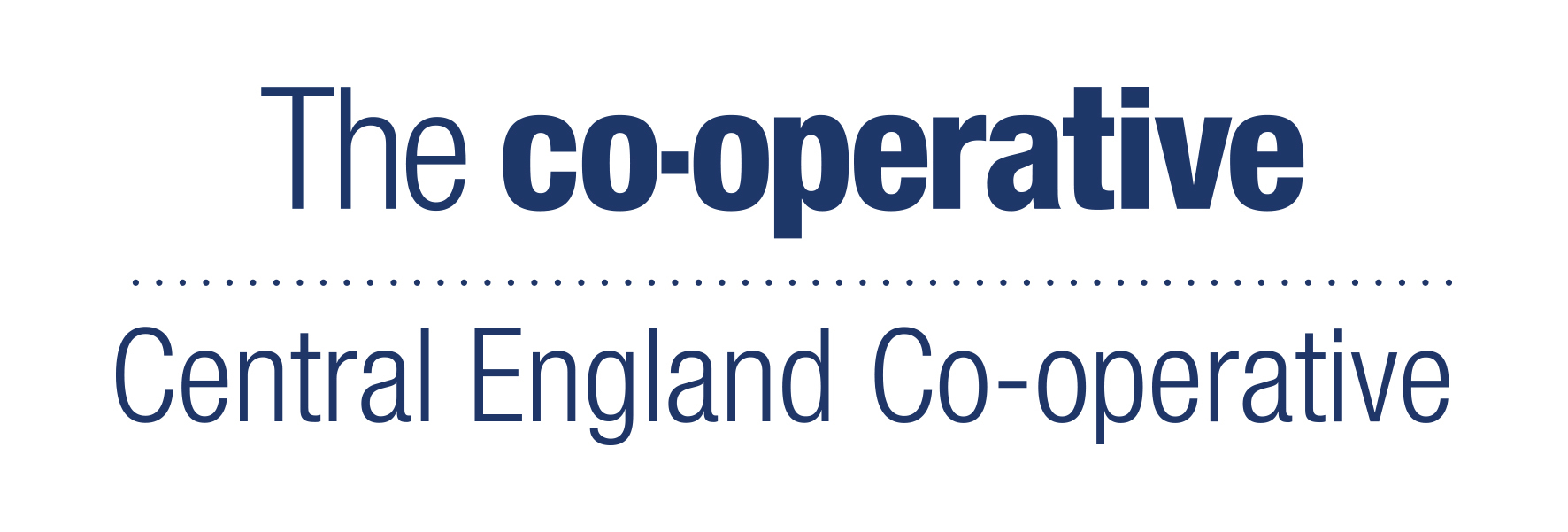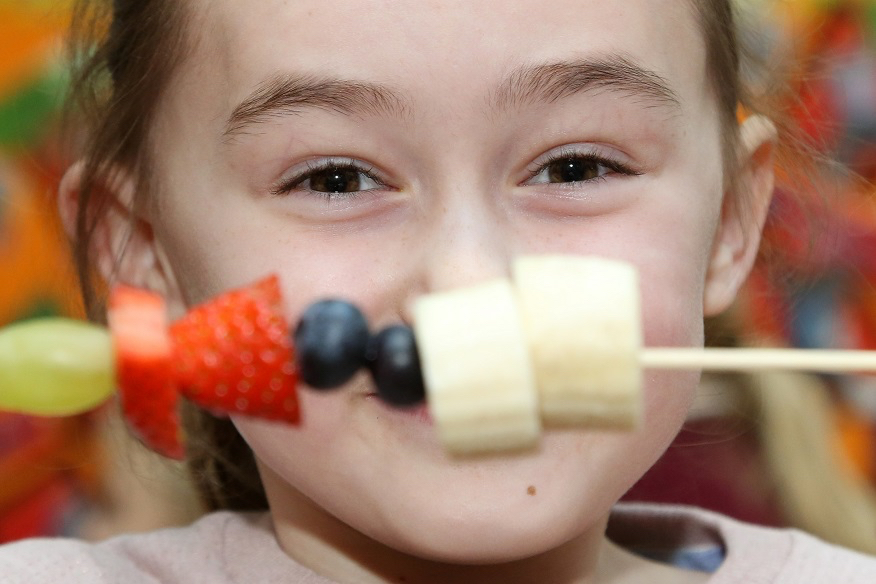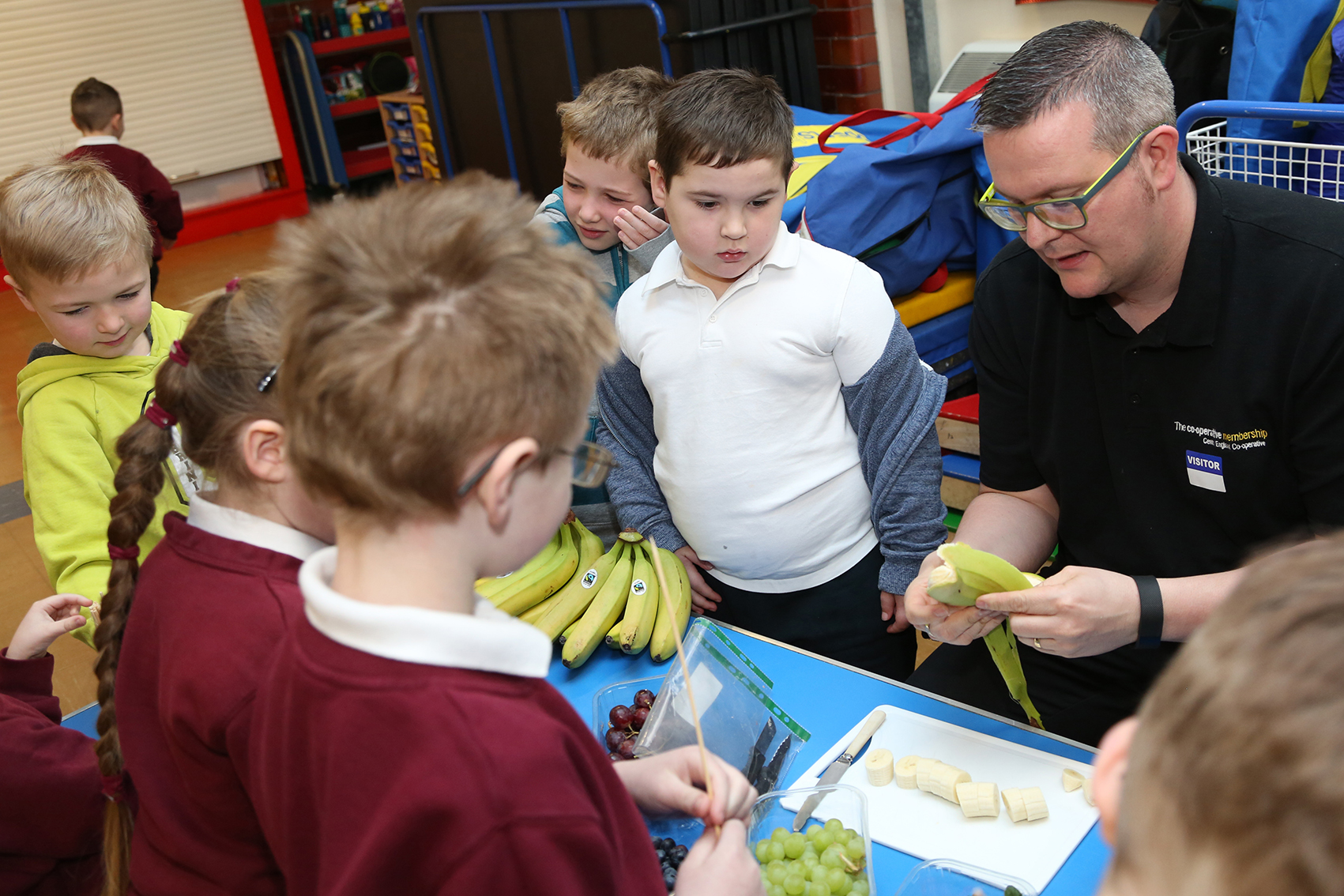Central England Co-operative (CEC) has revealed that every £1 it spends on good causes is worth £23.15 in positive community impact.
The Social Return on Investment (SROI) report takes an in-depth look at the impact of the Society’s community work in 2017 and focuses on the social value and return provided by the Society’s Co-operative Masterclasses, Membership and Community Council grants, Healthy Choices and Ethical Challenge Workshops, the installation of 300 defibrillators and a food and farming event.
Social Return on Investment is a method that identifies, assesses and values the impact a particular service or activity has. Typically it is used in order to provide a cost benefit analysis, which is presented as a ratio showing how, for every £1 invested, £x of benefit is produced.
The results showed that that for every £1 CEC invests in community projects, the monetary value of the impact made is worth an average of £23.15.
The findings from the report, by SROI specialist Make an Impact CIC, will play a major part in shaping the future of the Society.
In 2016, CEC was the first co-operative of its type to publish an SROI report. Its overall figure for that year was an SROI of £20.50 for every £1 spent on selected community projects.“This amazing figure of £23.15 of impact for every £1 spent truly showcases how the Society continues to make a real difference to people’s lives,” said Martyn Cheatle, CEC Chief Executive.
“This is the second time we have undertaken a robust analysis of our community impact, and the SROI report continues to be a great indicator of not just how we are doing, but also a tool to help us plan for the future.”
Mr Cheatle added that the community projects undertaken were only possible due to the continued support and success of its trading businesses.
“Our on-going commitment to support fantastic work in the community is underpinned by the strong financial performance of the Society and a long-term strategy to grow the business in a sustainable way,” he said.

The 2018 report focuses on the difference these projects make to people, society, the environment and the wider community.
CEC’s Co-operative Masterclasses are aimed at secondary school children and are based around educating them about co-operatives.
Meanwhile, Membership and Community Council grants are handed out to local groups who want to make a difference, with a total of 48 grants worth over £32,000 delivered in 2017.
The Healthy Choices and Ethical Challenge Workshops are delivered in schools to teach students about making healthier food choices and to educate them about Fairtrade. A total of 3,829 young people took part in the workshops last year.
CEC was also a main sponsor of the Kids Country Food and Farming Day, which aimed to educate students about food, farming and the countryside in Peterborough.
The Society’s defibrillator project has resulted in the installation of over 300 lifesaving devices outside food stores and funeral homes. This was paid for via funds raised through the 5p carrier bag levy.
The results of the SROI report will be used to help make effective, data driven decisions, to ensure relevant community impact using the best resources available, and to look at what possible social value could be achieved through new, innovative projects.
The projects highlighted in the report have helped Central England Co-op support the communities it trades in to the tune of over £2.2m. The publication of the SROI comes after the Society was awarded five stars out of five in BITC’s 2018 Corporate Responsibility Index.

Healthy Choices and Ethical Challenge Workshops
The Healthy Choices and Ethical Challenge Workshops are delivered in schools to educate students around healthy eating and Fairtrade.
A total of 2,329 students have participated in the Healthy Choices Workshops and 1,500 in the Ethical Challenge Workshops during the past year.
Healthy Choices offers the chance for children to get hands-on with a range of activities, including how to make fun fruit kebabs, gain an understanding of food labelling, and learn about the importance of getting meal portion sizes right so that no food goes to waste.
Ethical Challenge Workshops are designed to teach people how Fairtrade ensures better prices, decent working conditions and fair terms of trade for farmers and workers across the world.
Recently, 140 children from Tibshelf Infant and Nursery School, in Alfreton, were treated to a special assembly talking about the importance of Fairtrade and Healthy Choices.
Zoe Andrews, a teacher at Tibshelf Infant and Nursery School, said: “Events like these are important as the children really enjoy learning how to make more informed choices and where their food comes from.”
The SROI for Healthy Choices and Ethical Challenge Workshops is based on the feedback from teachers, students and colleagues who volunteered.
The total social value achieved by the Healthy Choices Workshops is £84,553, giving an SROI of £44.50 for every £1 of grant spent.
The total social value achieved by the Ethical Challenge Workshops is £57,837, which gives an SROI of £26.41.
These initiatives provide significant social value and SROI figures primarily due to the large number of students who have benefited from the workshops and the outcomes around healthier eating.

Why SROI? Q&A with Caroline Maddox, CEC Engagement and Public Relations Manager
WHY DID CEC DECIDE TO PRODUCE AN SROI REPORT?
We decided to break new ground as the first co-operative to undertake an SROI report last year, as we wanted to ensure the projects we undertake are making a real difference in our communities. Measuring SROI assigns a monetary value to the social value created by an organisation – social value is anything that has a beneficial impact on people, economics, the environment or community regeneration.
WHAT ARE THE BENEFITS OF SUCH A REPORT?
Both the first and second reports allowed us to make honest assessments of inputs and robust valuations of the impacts they have been having. It allows us as a Society to validate our community and corporate responsibility strategies, providing us with metrics we can use to continue to evaluate future projects and also identify areas where we can improve in the future.
HOW WERE COLLEAGUES AND MEMBERS INVOLVED IN THE REPORT?
Given that our community investment is one of our core differentiators and key to the Society’s operations, we sought colleague feedback on both individual projects and the Society’s values, allowing us to really find out the differences that are being made. We also engaged with several other stakeholders including customers and people involved with our various projects and campaigns. This helped us find out that, for each pound invested in particular activities, we generate an average social return of £23.15 – an increase on the first report which saw us record a figure of £20.50.
HOW WILL THIS HELP THE SOCIETY AND ITS COMMUNITIES IN THE FUTURE?
Working once again with specialists Make an Impact CIC, we have achieved a robust analysis of our community impact and the SROI report continues to be a great indicator of how we are doing – and will also help us plan for the future. Overall, by offering training and educational activities, we, as a Society, help build loyalty, which in turn promotes economic participation. By creating a surplus, this helps us continue to deliver community-based activities while building sustainable communities.
This feature is supported by Central England Co-operative (CEC), one of the largest independent retail co-operative societies in the UK. The organisation employs over 8,000 staff across its three principal areas of activity: food; funeral services; and property investment. CEC has over 400 trading outlets across 16 counties, which will be boosted via its 2018 food store development programme. The Society was given five stars out of five in Business in the Community’s Corporate Responsibility Index for its work around areas such as food waste, staff volunteering and health and wellbeing. In 2017, £212,000 was shared between 120 good causes thanks to CEC’s Community Dividend Fund.

